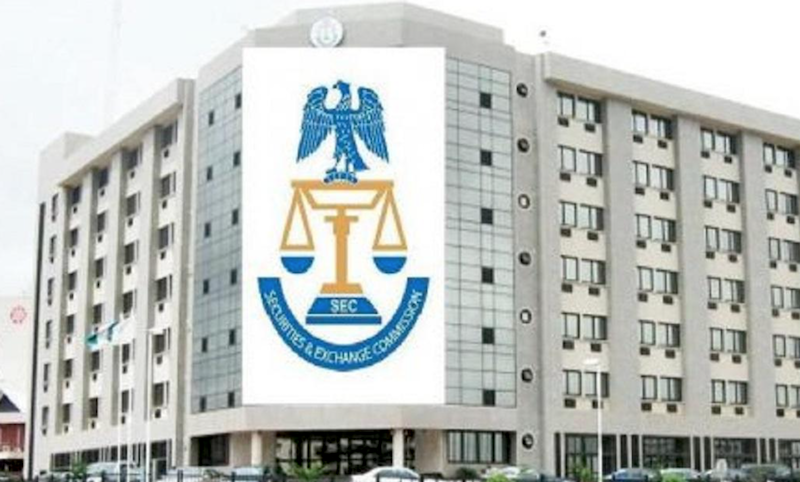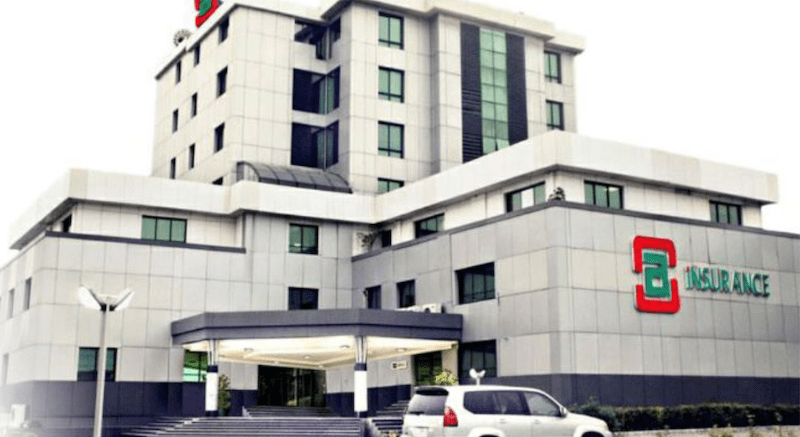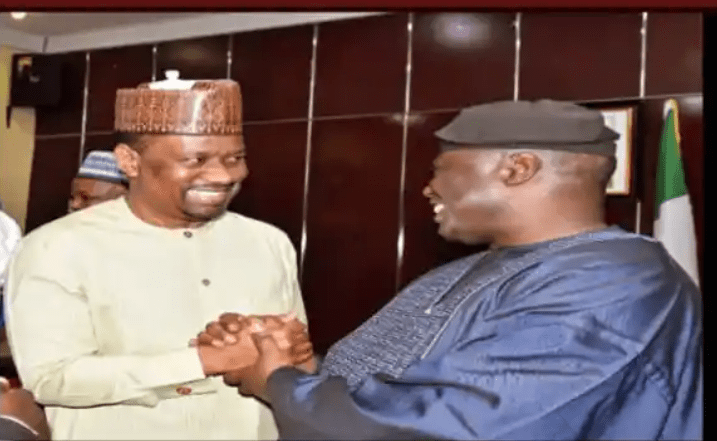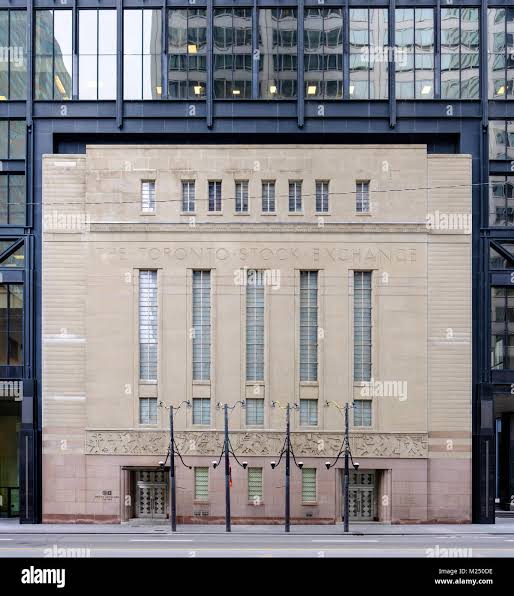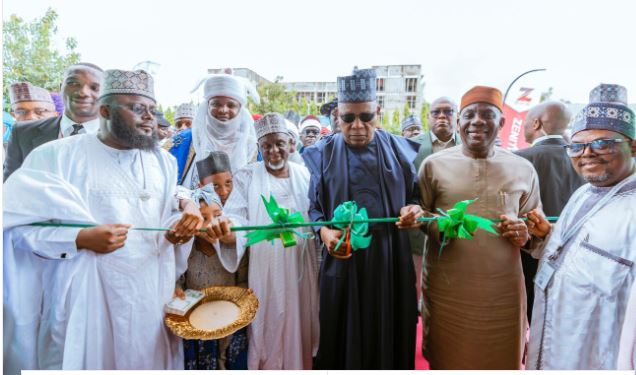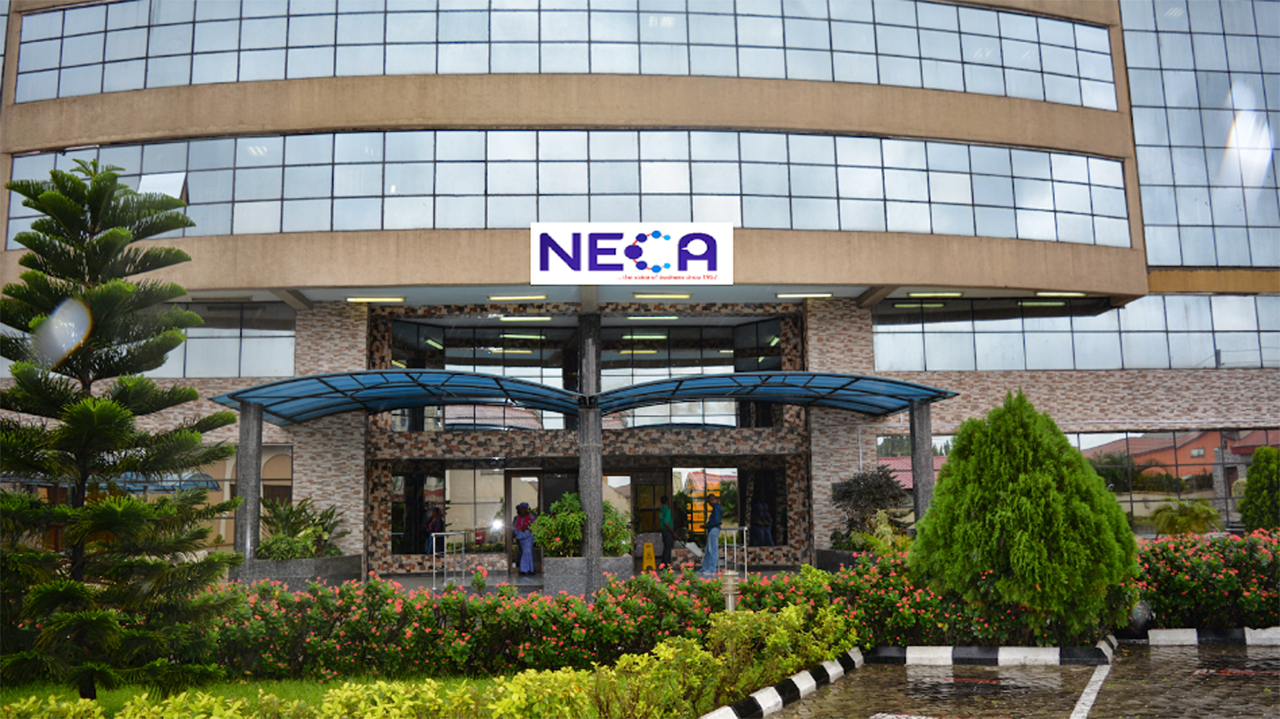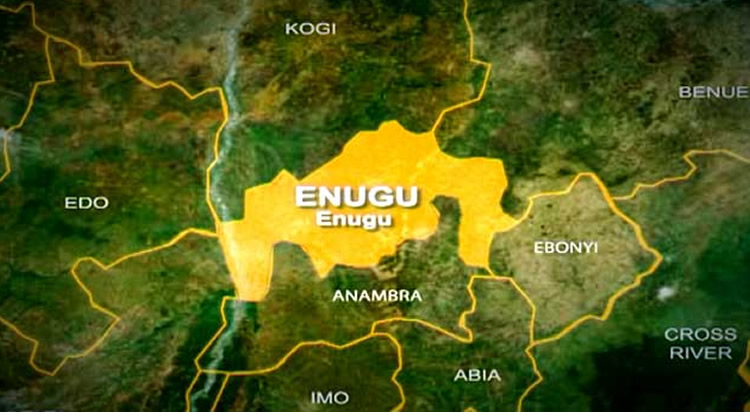A global investment group, Henley and Partners, (H&P) has advised Nigerians to explore investment migration for global opportunities.
According to (H&P) global mobility and financial stability has become increasingly inter-related, Nigerians are being encouraged to consider investment migration as a pathway to securing foreign citizenship and reaping the benefits of visa-free travel.
This call to action came during an investment migration roadshow in Abuja, hosted by Henley and Partners (H&P), a leading global investment group.
The event brought together potential investors from across the Nigerian capital city Abuja, offering them an opportunity to explore strategic financial investments in Europe, America, and the Caribbean that can open doors to permanent residency and eventual citizenship in these regions.
The managing partner of Henley and Partners, Stuart Wakeling, was at the forefront of this message, urging Nigerians to leverage investment migration as a means of expanding their horizons.
He emphasized that countries in the U.S., Canada, Europe, and the Caribbean offer programs that allow foreign investors to secure citizenship, which in turn provides access to visa-free travel across the globe.
This opportunity, Wakeling noted, could significantly benefit those looking for a way to protect and grow their wealth while gaining increased freedom of movement.
The roadshow, designed specifically for high-net-worth individuals in Abuja, presented a wide array of investment opportunities in regions such as the United States, Canada, Portugal, Spain, the United Kingdom, and the Caribbean.
During the panel sessions that featured representatives of these regions, Nigerians were advised to consider investing in first-world economies tor as little as $800,000 or €500,000.
A move the panelists said would not only guarantee them permanent residency in the short term but also citizenship in the long term.
“Investment migration offers Nigerians a way to secure their financial future while also gaining the ability to travel to multiple countries without the hassle of applying for visas,” Wakeling explained during his presentation.
“These programs are not just about getting a second passport; they provide an opportunity for Nigerians to diversify their investment portfolios, protect their families, and gain access to better healthcare and educational opportunities.”
He added that these programs are particularly beneficial for business owners and entrepreneurs who need to travel frequently for work. With a second passport, they can expand their businesses internationally with ease, taking advantage of global markets that were previously difficult to access.
One of the highlights of the roadshow was a presentation by Mehdi Kadiri, Executive Vice President of Mercan, an investment firm with a special focus on the Portuguese market. Kadiri made a compelling case for why Nigerians should consider investing in Portugal, a country which according to him has one of the most attractive investment migration programs in Europe.
He reiterated that through investments in real estate, hospitality, and innovative businesses, Nigerians can secure Portuguese residency, which leads to citizenship after five years. He also highlighted that the Portuguese passport is highly sought after as it grants holders the ability to travel visa-free to 188 countries, including the Schengen zone, the United States, and Canada.
Kadiri explained, “Portugal offers one of the best pathways for Nigerians looking for a secure, affordable, and reliable route to European citizenship. With an investment in real estate or a qualifying business, Nigerians can gain residency in a matter of months, and after five years, they are eligible to apply for full citizenship without having to live in the country permanently.”
Also speaking , other panelists including Soibhan Lloyd who is a legal consultant for Range development and Fatma Cayir, founder, Bridge & Partners limited emphasized that this is an especially appealing offer for Nigerians looking to retain their Nigerian citizenship while benefiting from the advantages of holding a European passport.
While much attention has over the years been focused on the opportunities in Europe, the US and Canada, the Caribbean it was revealed also offers a compelling case for Nigerian investors as it has long been known for their its investor-friendly citizenship programs.
The group noted that the Caribbean programs are particularly attractive for those seeking a more straightforward and cost-effective route to global mobility.
“For Nigerians who may not have the substantial capital required for European investment migration programs, the Caribbean offers an excellent alternative,” he said.
“These programs provide citizenship within a few months, allowing investors to enjoy the benefits of global travel and business opportunities almost immediately” stated Wa-ke-ling.
Real estate and hospitality options presented at the roadshow were diverse and catered to various investor preferences expected to yield significant returns.
Nigerians were encouraged to consider these sectors, as they offer stable, long-term income streams while also meeting the requirements for residency and citizenship programs.
As the world becomes more interconnected, the demand for global migration will continue to grow, especially in countries like Nigeria where economic and security challenges often prompt citizens to seek alternatives.
Investment migration offers a viable solution for Nigerians who are not only looking for a way to protect their wealth but also for opportunities to expand their business networks and provide a better future for their families.
Chidinma Okebalama, Senior consultant Nigeria Hensley & Partners and also moderator of the panel sessions concluded the event by urging Nigerians to seize the moment and explore the opportunities presented by investment migration.
According to her the world is changing rapidly, and those who take action now will be the ones who thrive in the future. Investment migration is not just about getting a second passport; it’s about securing your financial freedom and giving yourself the tools to succeed in an increasingly globalized world.”
As Nigerians begin to explore these options, it is clear that investment migration will play an increasingly important role in the country’s future, providing a gateway to new opportunities and a brighter future for those who are willing to invest.
